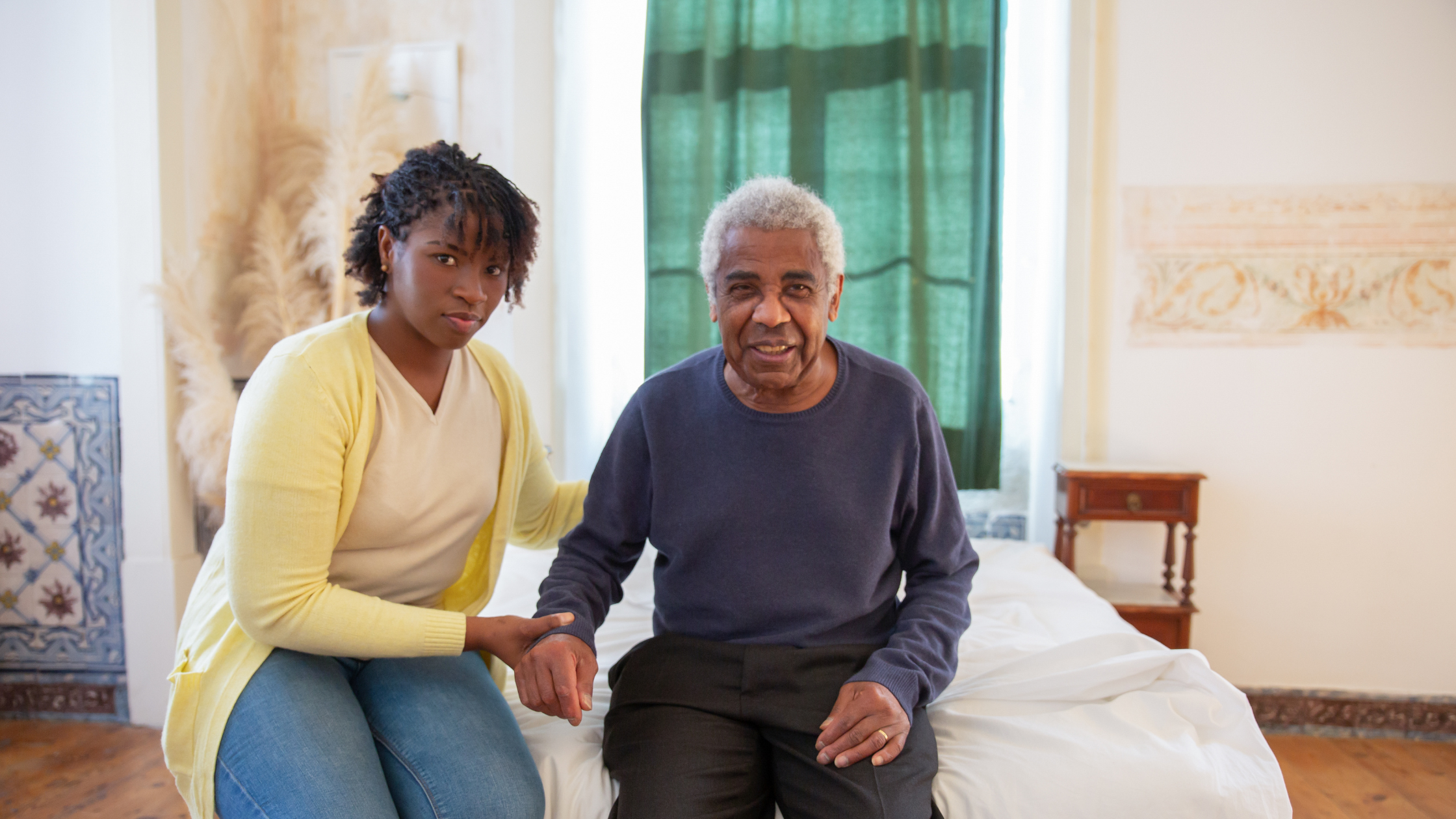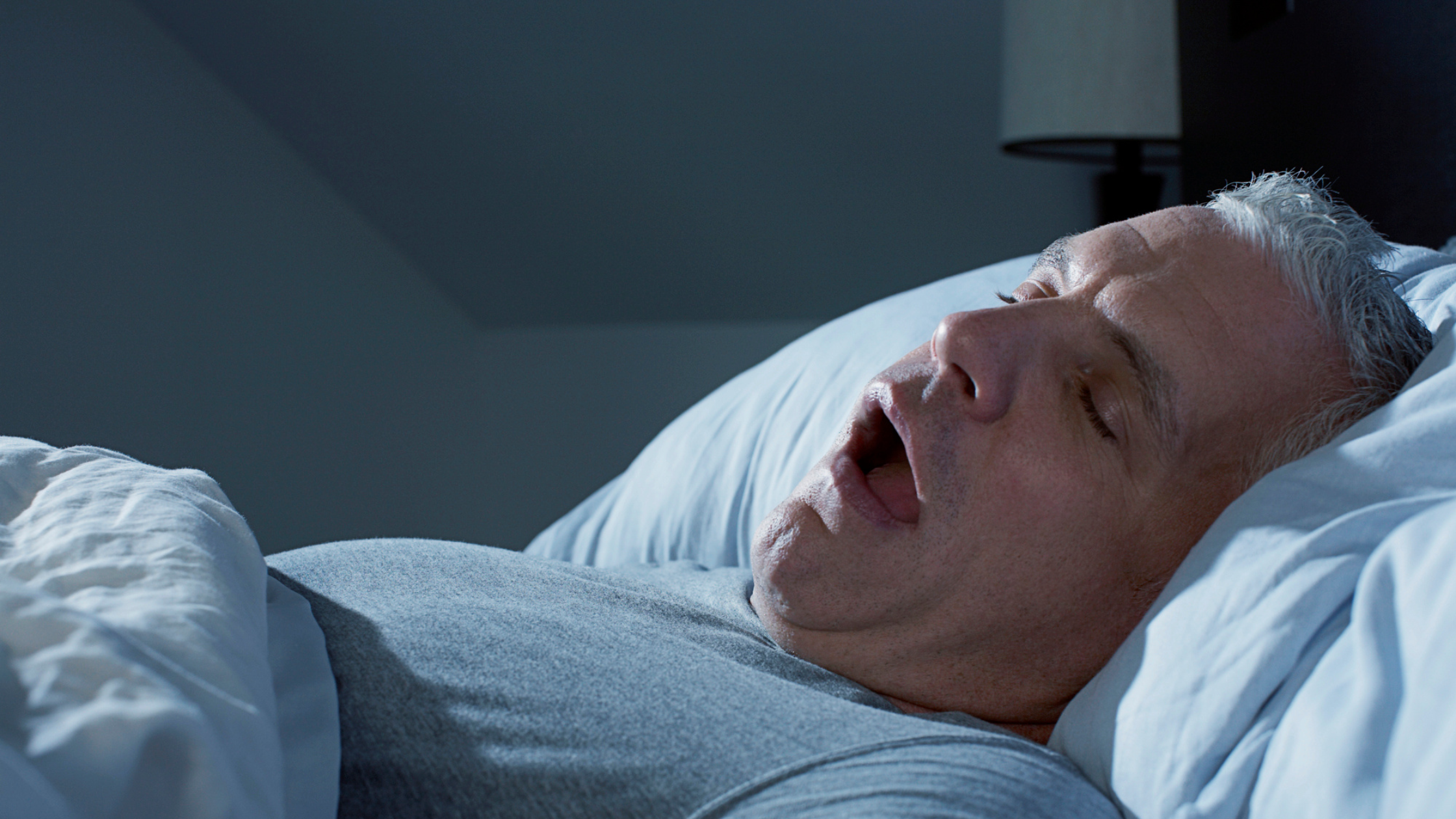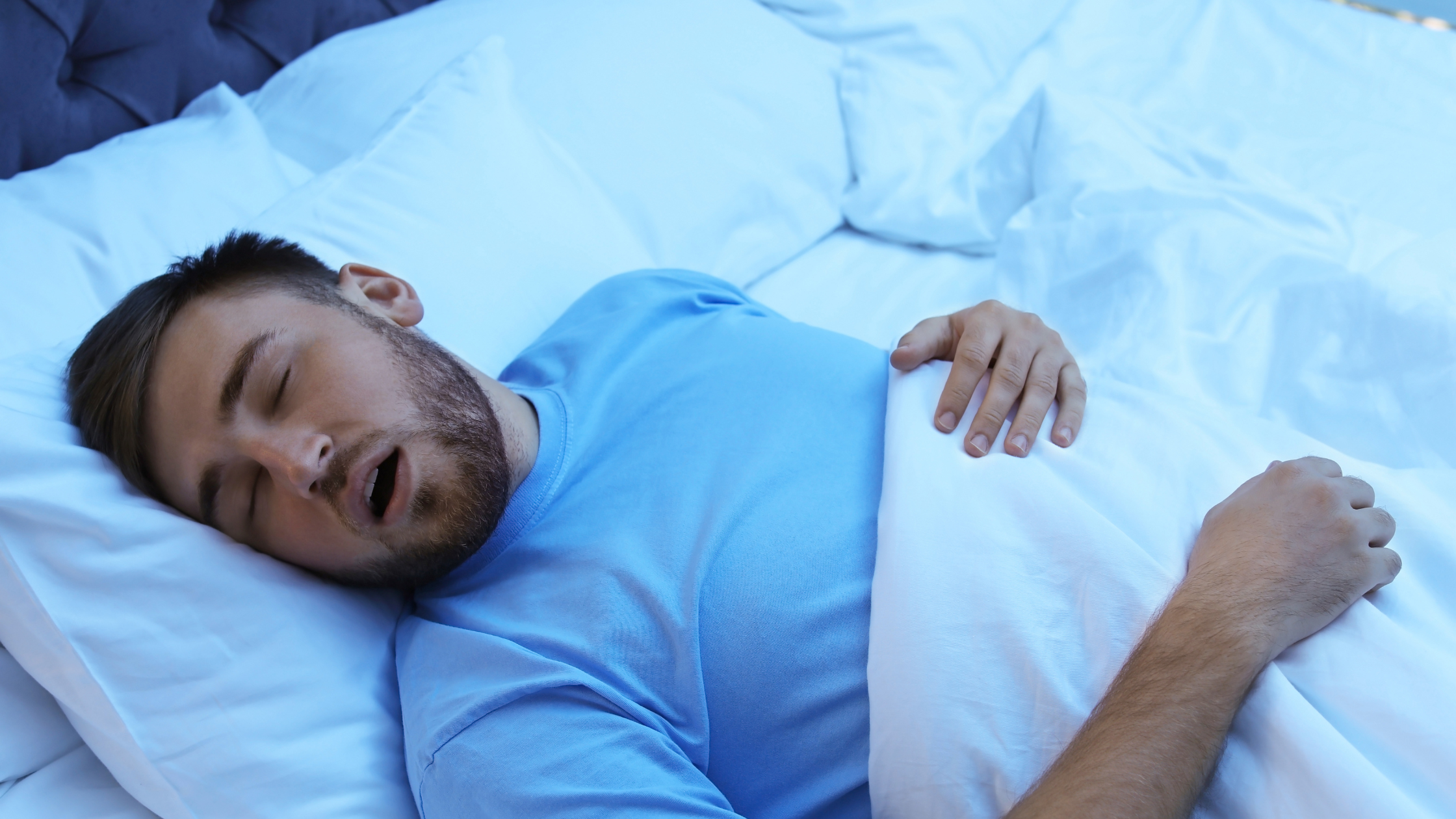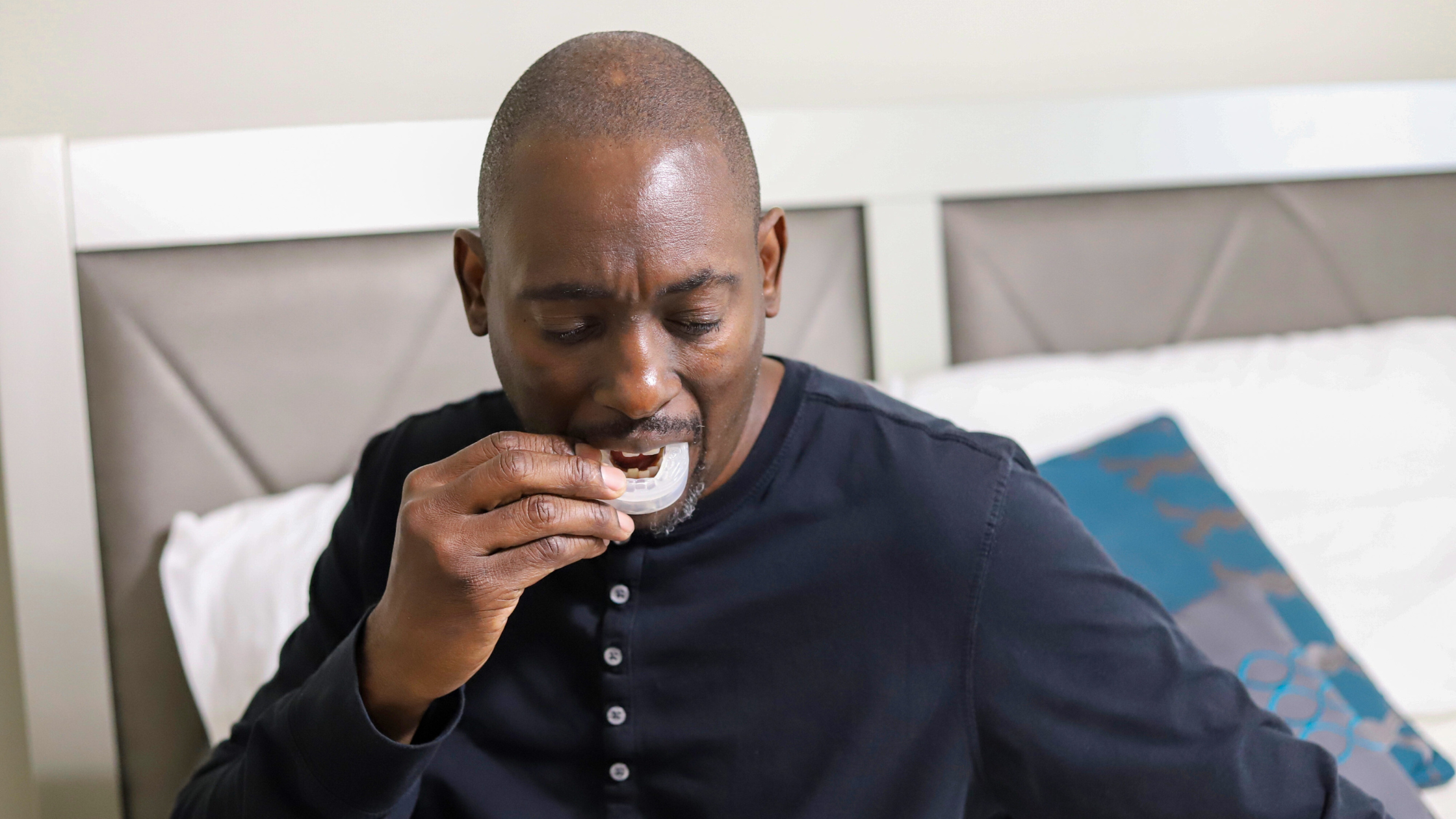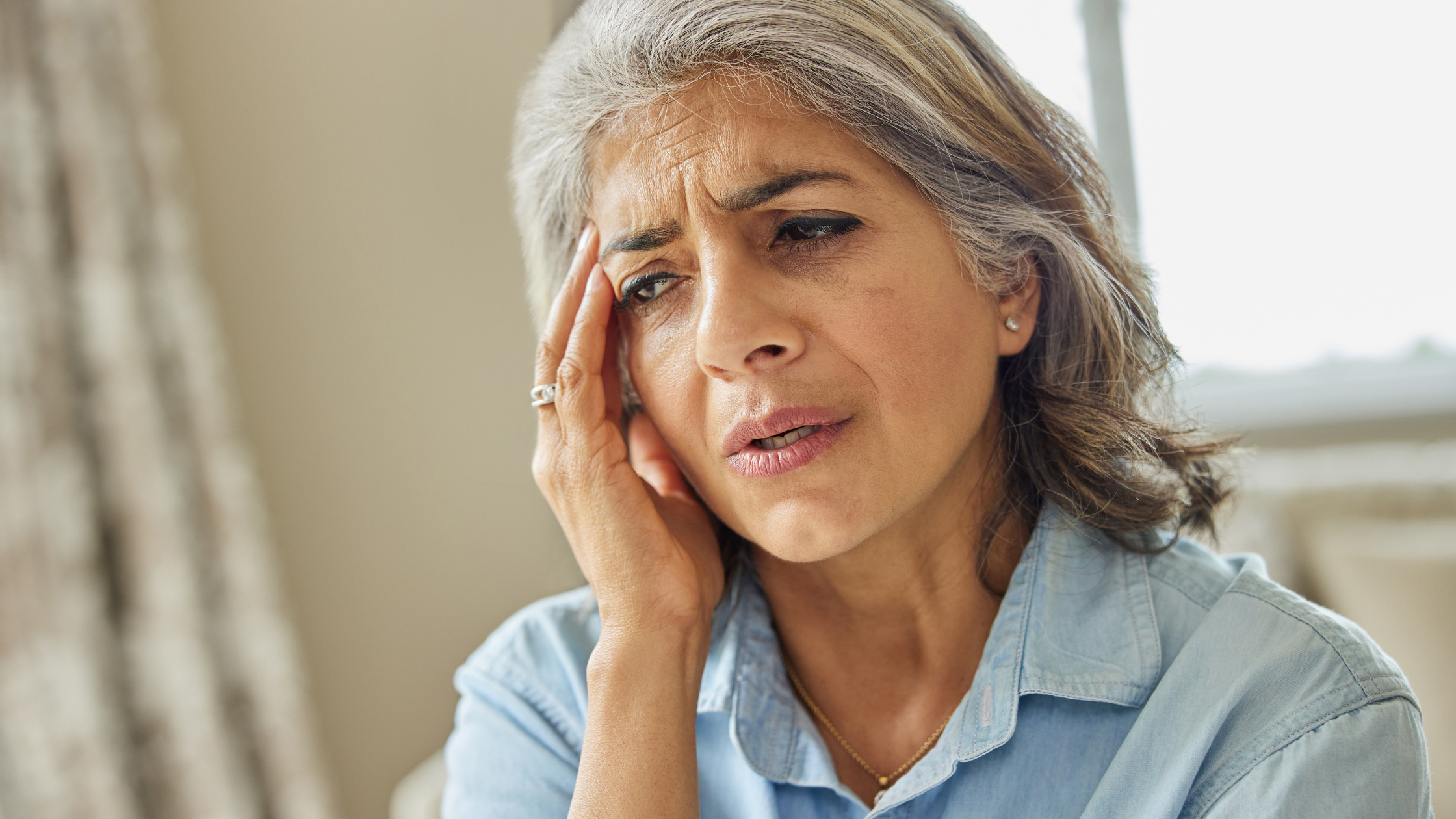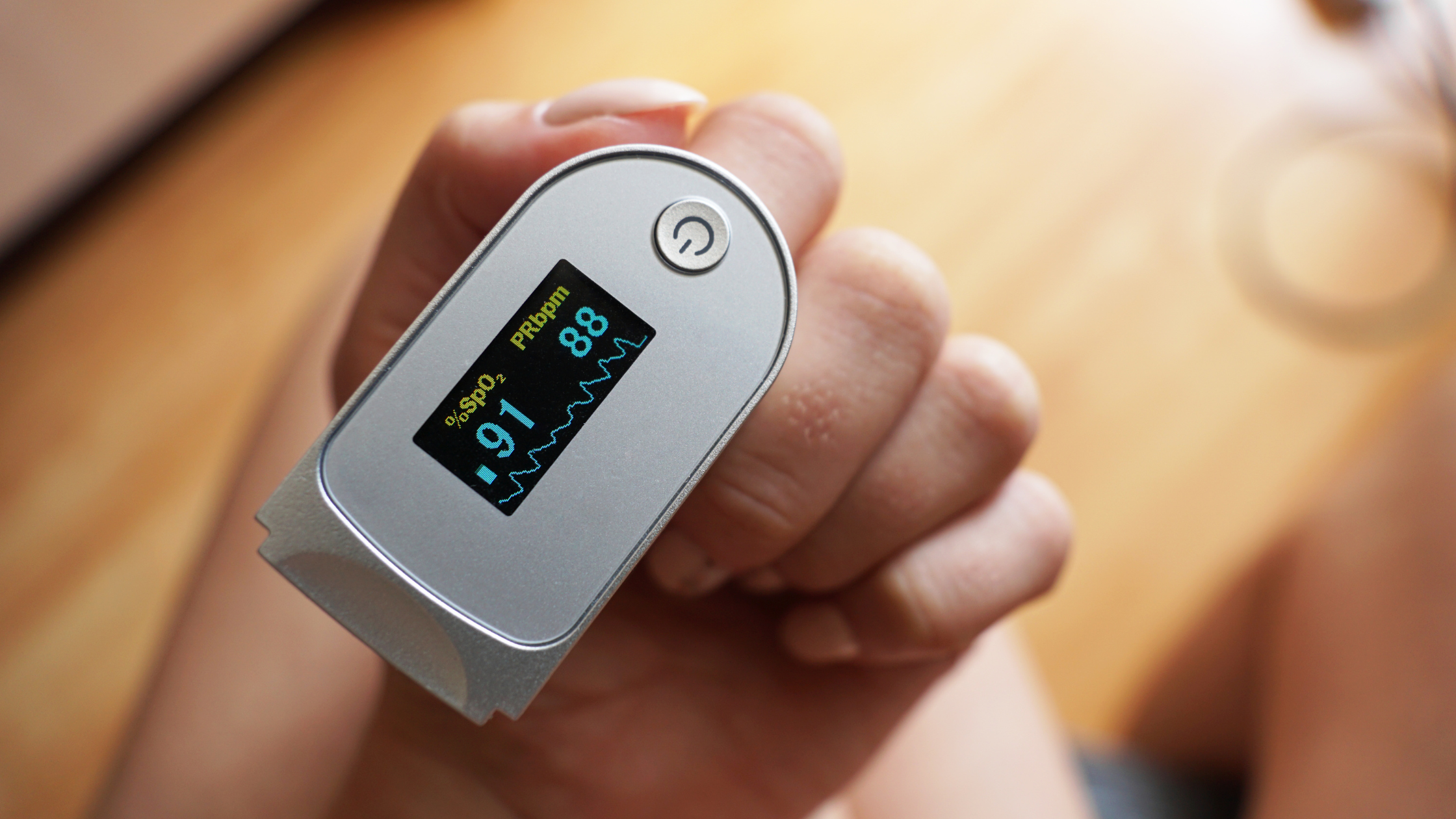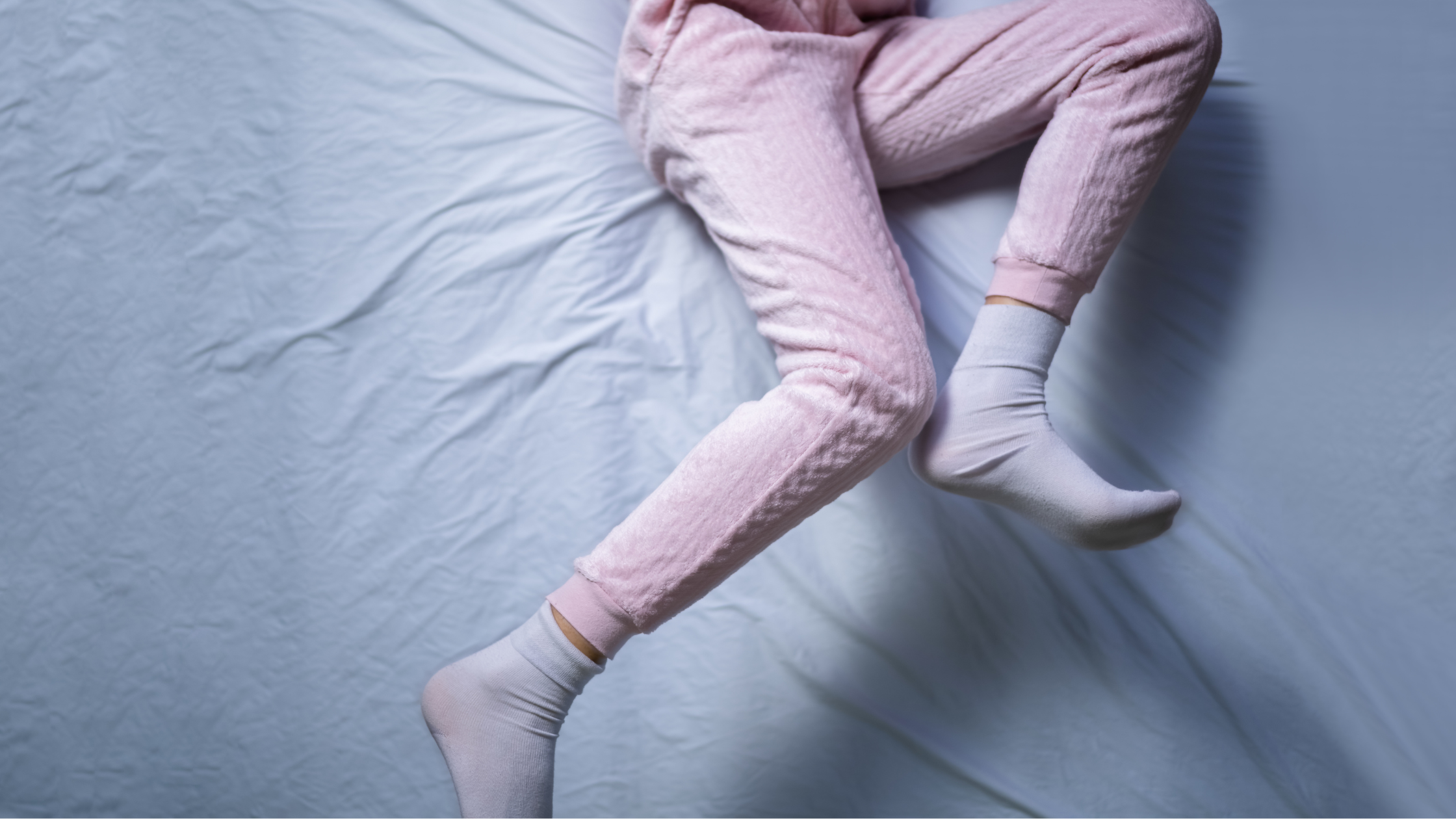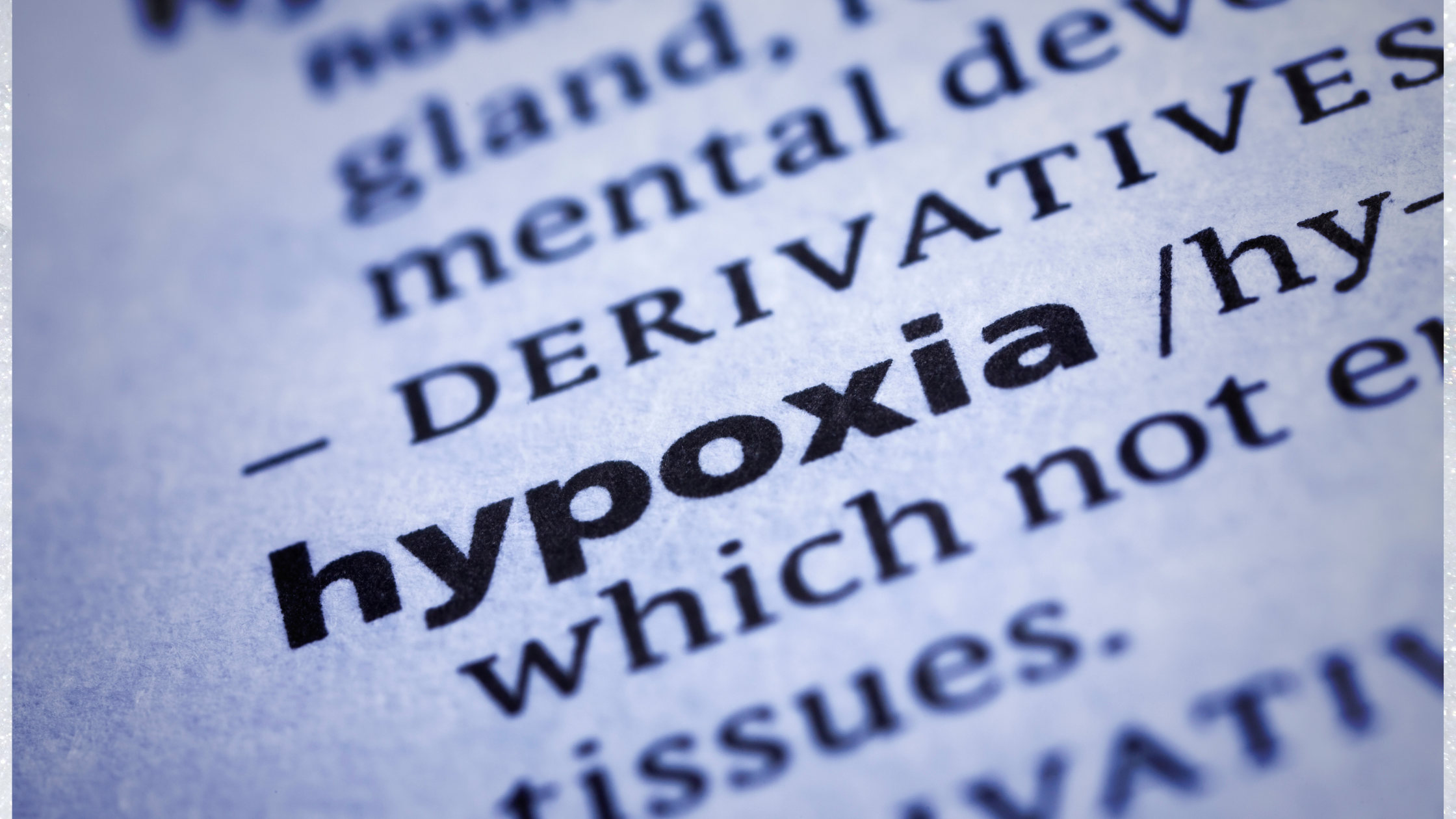For individuals with dementia or Alzheimer’s disease, nighttime can bring a host of challenges, including increased confusion, agitation, and restlessness. This phenomenon, known as sundowning, can significantly impact both the affected individual and their caregivers. Understanding why sundowning occurs and how to manage its effects can improve sleep quality and overall well-being.
Sleep apnea is a serious sleep disorder that causes repeated interruptions in breathing during sleep. While many people may dismiss snoring or occasional sleep disturbances as harmless, untreated sleep apnea can lead to severe health consequences. Understanding these risks is crucial for recognizing the importance of diagnosis and treatment.
Sleep is essential for brain health, yet conditions like sleep apnea can significantly increase the risk of stroke. Sleep apnea is a disorder where breathing repeatedly stops and starts during sleep, reducing oxygen supply to the brain and putting immense strain on the cardiovascular system. Studies have shown a strong correlation between sleep apnea and stroke, making it a crucial factor in both prevention and recovery.
Understanding Environmentally Induced Obstructive Sleep Apnea (OSA)
Obstructive Sleep Apnea (OSA) is a sleep disorder that affects millions of people worldwide. It occurs when the upper airway becomes partially or completely blocked during sleep, leading to disrupted breathing, reduced oxygen levels, and poor-quality rest. While OSA is often linked to factors such as obesity, anatomical abnormalities, or genetics, a lesser-known contributor to the condition is the environment in which we live, work, and sleep. This phenomenon, referred to as environmentally induced OSA, highlights how external factors can play a significant role in the development or worsening of the disorder.
In this post, we’ll explore what environmentally induced OSA is, the environmental factors that can contribute to it, and steps you can take to mitigate its effects.
Sleep apnea and ADHD are two very different conditions, but they can sometimes present with similar symptoms in children, making it challenging to identify the underlying issue. Both conditions can cause concentration difficulties, hyperactivity, and behavioral issues, which often leads to misdiagnosis and inappropriate treatments. Understanding the differences and overlap between sleep apnea and ADHD can be essential for parents and caregivers seeking the best support for their child’s well-being.
A Guide to Oral Appliances for Sleep Apnea Treatment
Sleep apnea is a common sleep disorder that affects millions of people worldwide. Characterized by repeated interruptions in breathing during sleep, sleep apnea can lead to poor sleep quality, excessive daytime sleepiness, and increased risk of other health issues, such as cardiovascular disease. While continuous positive airway pressure (CPAP) machines are the standard treatment for moderate to severe obstructive sleep apnea (OSA), many individuals find them difficult to use consistently. For those with mild to moderate OSA, oral appliances can offer a less intrusive alternative.
In this blog post, we’ll explore the different types of oral appliances available for sleep apnea treatment, how they work, and their potential benefits and drawbacks.
Cognitive Decline vs. Sleep Apnea: Understanding the Connection
Cognitive decline and sleep apnea are two health concerns that affect millions of people, especially as they age. While cognitive decline typically refers to a gradual reduction in memory, thinking skills, and problem-solving abilities, sleep apnea is a sleep disorder that causes interrupted breathing during sleep. Recent research suggests that these two conditions may be more closely linked than previously thought.
In this blog post, we’ll explore what cognitive decline and sleep apnea are, how they are connected, and what can be done to protect both brain function and sleep health.
Sleep disorders can have a profound impact on our overall health, and two conditions often mentioned together are Obesity Hypoventilation Syndrome (OHS) and Obstructive Sleep Apnea (OSA). Both disorders affect breathing during sleep, but they have distinct causes, symptoms, and treatment approaches.
In this blog post, we’ll explore the differences and similarities between OHS and OSA, why they often occur together, and what you can do if you or someone you know is experiencing symptoms of these conditions.
Understanding Medications for Restless Legs Syndrome (RLS)
Restless Legs Syndrome (RLS) is a neurological disorder characterized by an irresistible urge to move the legs, often accompanied by uncomfortable sensations. These symptoms typically worsen during periods of rest or inactivity, particularly in the evening and at night, leading to sleep disturbances and a significant impact on quality of life. While lifestyle changes and non-pharmacological treatments can help manage RLS, medications are often necessary for those with moderate to severe symptoms. This blog post explores the various medications available for treating RLS, how they work, and their potential side effects.
Reasons for Low Oxygen Levels at Night: Understanding Nocturnal Hypoxemia
Low oxygen levels at night, known as nocturnal hypoxemia, can be a concerning and sometimes dangerous condition. It can lead to a variety of health issues, including poor sleep quality, cardiovascular problems, and daytime fatigue. Understanding the reasons behind low oxygen levels at night is crucial for addressing the issue and maintaining overall health. In this blog post, we'll explore the common causes of nocturnal hypoxemia and discuss potential solutions to help improve oxygen levels during sleep.

